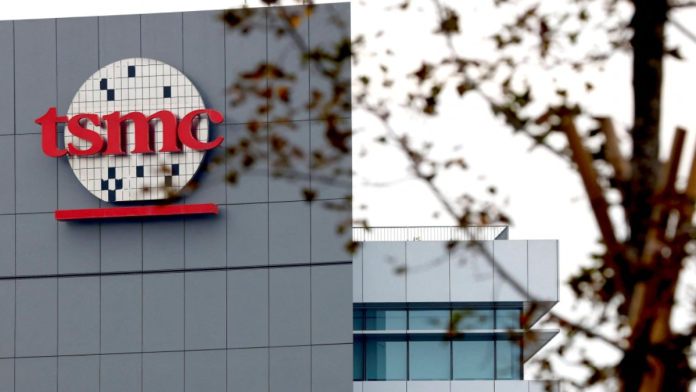The United States is reportedly taking bold steps to protect its struggling semiconductor industry. A new report from Taiwan claims that the US government, under President Donald Trump, is pushing Taiwan’s largest chipmaker, TSMC, to make enormous financial commitments in exchange for reduced trade tariffs. One of those demands includes buying a near-majority stake in Intel, one of America’s most iconic tech companies.
US Trade Tariffs Squeeze Taiwan
Taiwan is one of the US’s most important trade partners, especially in the technology sector. But it’s also facing some of the harshest trade barriers. The current tariff rate on Taiwanese goods entering the US stands at 20% — significantly higher than Japan’s 15% base rate. These tariffs, introduced as part of the Trump administration’s broader economic strategy, are placing a heavy burden on Taiwanese exporters.
Now, Taiwan is pushing back. Taiwanese officials are seeking relief from the 20% levy. But according to one of the Taiwanese news outlets, the US has tied any tariff reductions to specific, high-stakes demands. The report, citing unnamed industry sources, claims that tariff relief will only be considered if Taiwan Semiconductor Manufacturing Company (TSMC) fulfills two major conditions.
Malaysia agrees to spend $150 billion on U.S. tech and energy under new trade deal
$400 Billion Investment and 49% Stake in Intel?
The two reported conditions are striking. First, TSMC must acquire a 49% stake in Intel Corporation. Second, TSMC must invest an additional $400 billion into operations in the United States. These demands represent an unprecedented scale of foreign investment in the US tech sector.
TSMC, led by Chairman Mark Liu, has already committed approximately $165 billion to its US expansion plans. This includes the construction of semiconductor fabrication plants (fabs), a packaging facility, and a research and development center in Arizona. One of its fabs reached volume production in 2024, with more currently under development.
But acquiring nearly half of Intel — a company led by CEO Pat Gelsinger — would be a transformational and controversial move. Intel is a symbol of American innovation and a key piece of the US government’s efforts to rebuild a domestic semiconductor supply chain. A 49% foreign stake would represent a fundamental shift in ownership and control.
The financial burden alone is staggering. A deal of this size could dramatically impact TSMC’s global strategy and its core business in Taiwan. While no official statements have been made by TSMC or Intel, industry analysts believe such a transaction would be extremely complex and potentially disruptive.
Intel’s Struggles Fuel US Pressure
Intel has been in decline over the past few years. Once a market leader, its revenue has fallen from $79 billion in 2021 to just $53 billion in 2024, a 33% drop. Multiple parts of Intel’s business, including consumer products and fabrication operations, have been underperforming.
To revive its fortunes and maintain America’s chip independence, Intel has already received billions in federal support through initiatives like the CHIPS and Science Act. However, these funds haven’t been enough. One of Intel’s most important upcoming projects — a new fab in Ohio — has been delayed by several years. Originally scheduled for completion by 2025, the plant is now expected to be ready closer to 2030 or 2031.
The delay highlights Intel’s ongoing financial challenges. With domestic funding falling short, the Trump administration appears to be turning to TSMC for help. By encouraging the Taiwanese chip giant to pump capital into Intel and expand further in the US, the administration may be trying to secure the future of America’s chipmaking ecosystem.
The reported terms have not been confirmed by any official US or Taiwanese government sources, but the sheer scale of the demands is already sparking international attention.


